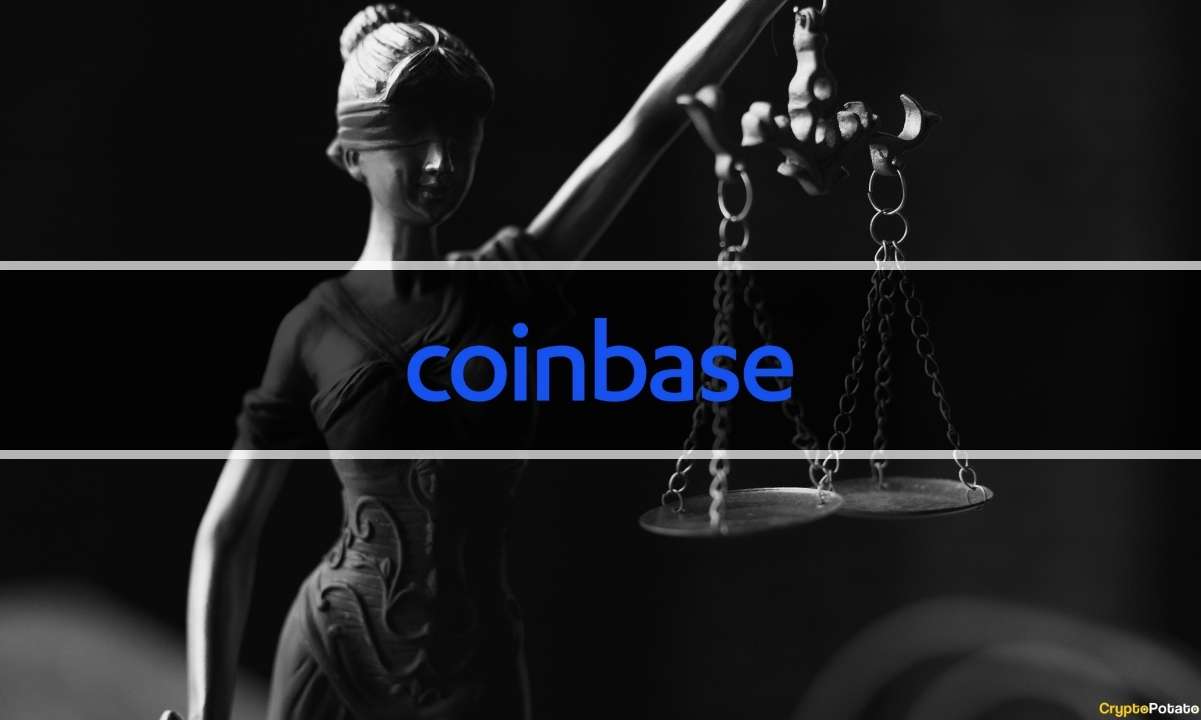

Crypto industry leaders are pillorying a new U.S. government report claiming that digital assets can help criminals flout federal sanctions law.
In a blog post from the U.S. Government Accountability Office (GAO) last Tuesday, authors asserted that foreign states working against American interests – including Iran and North Korea – “are using digital assets to evade the impacts of those sanctions.”
How Effective Is Crypto For Dodging Sanctions?
The report said that digital assets boast unique qualities that can make them an attractive tool for the task, including instantaneous cross-border payments and an element of anonymity.
“However, they also have limitations,” the report noted. “For instance, federal agencies and private sector actors may be able to trace transactions and those making them on public blockchains.”
Blockchains like Bitcoin (BTC) are well-known for having poor privacy, and have been used before to identify and arrest multi-billion dollar hackers and thieves.
Successful enforcement actions that leveraged the transparency of blockchain data have proven effective at deterring criminals from using Bitcoin to bypass sanctions.
For example, in April 2023, Hamas’s Al-Qassam Brigades ended its crypto donation program due ensure the safety of its donors, who risked prosecution for sending crypto to their provided addresses.
Coinbase Responds
Given the report’s admissions about crypto’s “limitations,” Coinbase’s Chief Legal Officer Paul Grewal blasted the report for using “clickbait” to suggest that crypto can be used to dodge sanctions.
In a post to X on Monday, Grewal wrote:
“Zero comparative analysis performed. Heck, zero analysis whatsoever performed. Instead they harangue an industry that spends millions and millions to follow the law. Ask yourself— why?”
The report noted how the U.S. Treasury Department announced a $4.4 billion fine against Binance in November for failing to comply with anti-money laundering and sanctions laws. However, the same department has previously highlighted how regular cash remains criminals’ money laundering tool of choice – not crypto.
Senator Elizabeth Warren has already used GAO’s report as justification to pass her anti-money laundering crypto bill, which would implement financial reporting requirements for banks and money services businesses interacting with “unhosted” crypto wallets.
“It’s time for crypto to follow the same anti-money laundering rules as everyone else,” she wrote to X. “I’ve got a bill to make it happen.”
Binance Free $100 (Exclusive): Use this link to register and receive $100 free and 10% off fees on Binance Futures first month (terms).
The post appeared first on CryptoPotato






